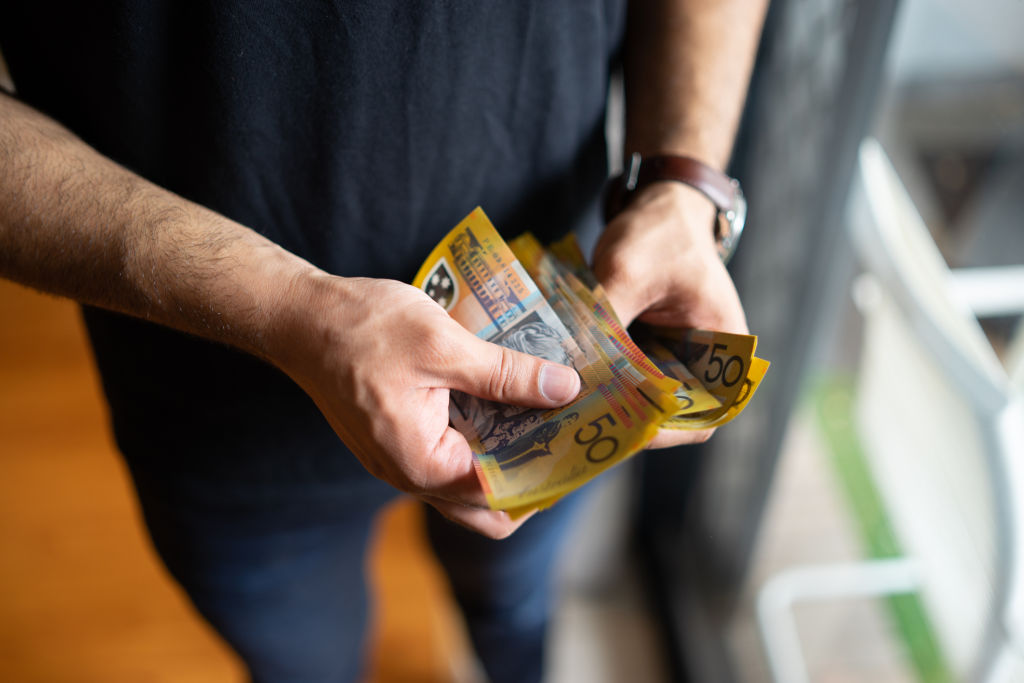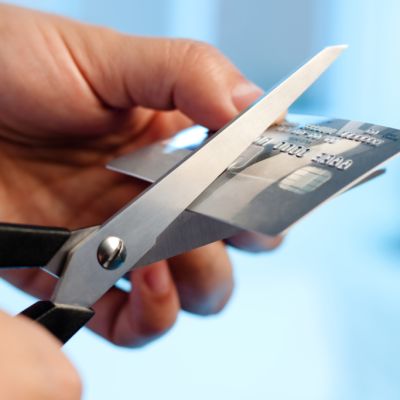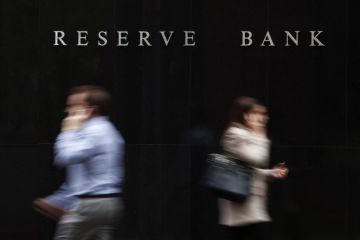Saving strategies hopeful home buyers can take into the new year

A new year is a great time to start saving, especially if the holiday period hasn’t been kind to your wallet.
Even though you may feel like money has been pouring out of you, there are still ways to start saving for that new home or accelerate your path towards a substantial deposit.
Saving for a home loan can be daunting. Swapping cafe coffee for instant and home cooking instead of takeaway might feel like a sure-fire way to get there, but perhaps there’s a better way to save without sacrificing too much of your current lifestyle.
Investigate government incentives
The federal government developed the First Home Super Saver (FHSS) scheme to help first-home buyers save for their deposit. The FHSS allows first home buyers to save for their home more quickly, by saving excess money within their superannuation fund. This way, they’re paying less tax.
There’s also the First Home Loan Deposit Scheme (FHLDS) that allows first-home buyers to purchase with a smaller deposit and avoid lenders mortgage insurance, as well individual state grants.
“Speak to a mortgage broker to find out about entitlements such as stamp duty benefits,” says financial planner James McFall from Yield Financial Planning in Melbourne. “Understand which government incentives you could be entitled to.”
Get excited about saving
Saving can go off track due to the wrong mindset.
“I think it’s an emotional thing,” says mortgage broker Natalie Denyer from Birdie Wealth in Sydney. “It’s boring to save. If people find it a drag, they aren’t going to keep going – like dieting. Who wants to eat salad every single day?”
The trick is to watch your savings increase, rather than focusing on what you’re missing out on.
“When I was saving to go overseas, I would always be looking at the app, really being proud of how much we’d saved. I remember being obsessed a little bit – that was my focus. Every time I got paid, I was really excited. I found that helped,” she says.
Pay off your loans
The trick is paying off the loan with the largest interest rate first. Not only will you save money faster in the long run, but the banks favour first-home buyers with less debt.
“Tackle your credit cards and make sure you’ve got no outstanding personal debt,” says McFall. “Basically, go easy on the credit card.”
Also avoid schemes that offer ‘buy now, pay later’.
“At first, the assessors didn’t like them at all,” says McFall. “They thought ‘well if you couldn’t afford to buy those pair of jeans you shouldn’t have bought them’. It takes away the delay for gratification philosophy.”
Pay your savings first
Open a savings account and deposit a set amount each pay cycle. Many people deposit the amount they have leftover at the end of the pay cycle, which is less efficient.
“When you get your pay, set up a recurring transfer into your savings account for your house deposit. Then spend whatever’s leftover,” says Denyer.
“If you get a bonus or tax return, put it straight into savings, don’t even think about what you might want to spend it on,” she says.
Budget as a team
If you’re saving with a partner for that first home, talk about your goal. That way, you can make decisions together about ways to save, encouraging each other.
The budget planner on the ASIC website works out where your money is going weekly, fortnightly, monthly, quarterly and annually. It then converts to a weekly or monthly budget for you to plan.
“By going through your bank statements with a highlighter, it’s black and white what you spend,” says Denyer. “Put it into your budgeting tool and look at where you can fine tune it to save money.”
McFall says it’s wise to start focusing on budgeting early. “That will have the dual benefit of putting more in your savings and will reflect better for the banks.”
We thought you might like
States
Capital Cities
Capital Cities - Rentals
Popular Areas
Allhomes
More









